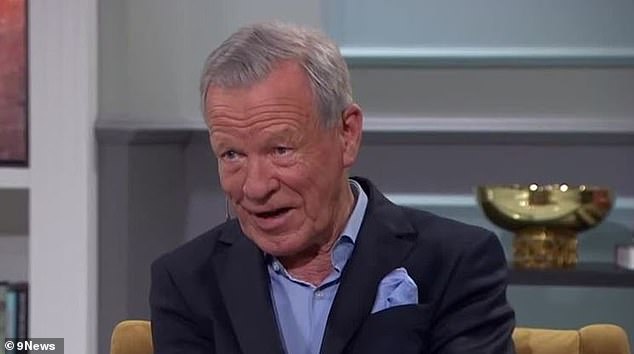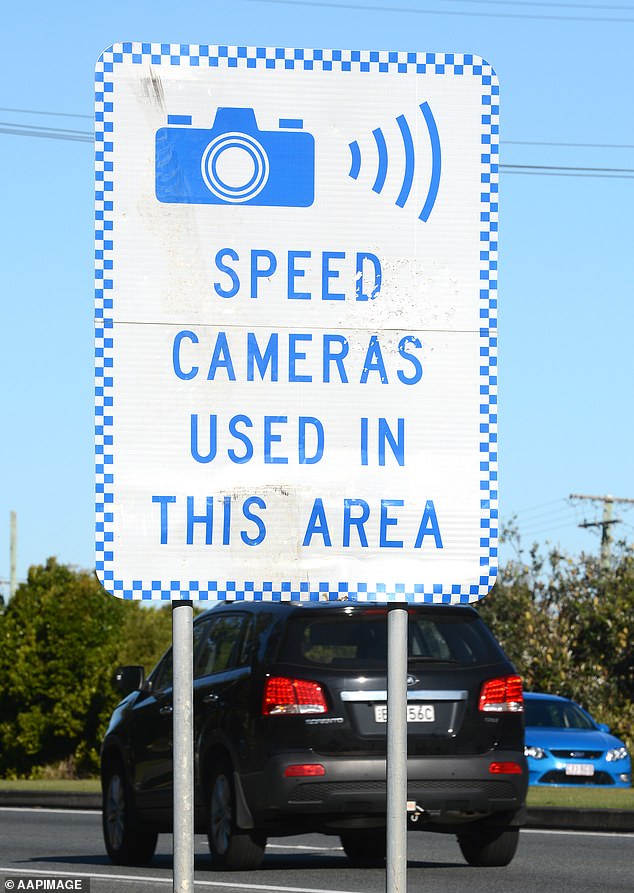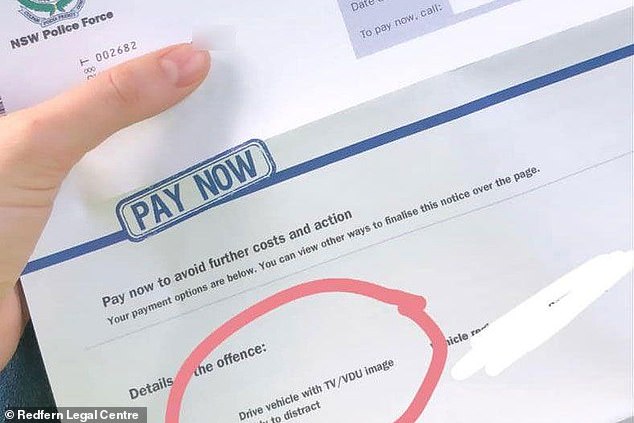Calls have grown to change speeding fines in Australia from a flat rate for all drivers to an amount based on the driver’s income.
A report published by the Australia Institute found that fixed traffic penalties for speeding are unfair and “regressive”.
The think tank explained that the standard fine represents only a small portion of the income of the wealthy, while the same fine can be a significant burden for low-income people.
The research suggested Australia should adopt a system similar to Finland, where speeding fines are proportional to a person’s income.
Since 1921, Finland has fined drivers for speeding based on their monthly income and whether they have financial dependents.
In Finland, drivers who exceed the speed limit by more than 20 km/h receive a fine relative to their income, known as a “daily fine”, which reflects the income a person would lose if they spent a day in jail instead. to work. .
In 2023, wealthy Finnish driver Anders Wiklöf was fined almost $200,000 after being caught driving 32 km/h over the speed limit, with the fine based on his high income.
The Australia Institute report explains that Australia has a flat rate system for traffic offences.

In 2023, wealthy Finnish driver Anders Wiklöf (pictured) was fined almost $200,000, due to his high income, after he was caught driving 32 km/h over the speed limit.
The Finnish system means that low-income people caught speeding less than 10 km/h over the limit would be fined $33, while those with higher incomes would be fined $295.
In Australia, motorists are penalized with a fixed fee depending on the driving offence.
‘The current system places a disproportionate burden on low-income drivers; “A billionaire can pay a $200 fine much more easily than a pensioner,” the report reads.
‘The fines therefore “effectively criminalize poverty” while serving as a “mere pat on the shoulder” for wealthy drivers.
“This disparity undermines the principle of proportionality of justice, which requires that the penalty for a crime be proportional to the seriousness of the crime.”
Alice Grundy, research director at the Australia Institute and co-author of the report, explained that traffic fines forced low-income people to choose between buying essential items or paying the fine.
Meanwhile, the same fine represented only a “minor inconvenience” to high-income Australians.
“For a low-income person, speeding tickets can be overwhelming,” said Alice Grundy.
“For a billionaire to pay the same $200 speeding fine as a low-income person is unfair.
‘Proportional fines for speeding are more equitable because they ensure that the amount of the fine is set according to the driver’s income.
“Australia’s regressive speeding ticket system effectively criminalizes poverty.”
The report used income data from the Australian Bureau of Statistics’ latest Income and Housing Survey to demonstrate the income-based penalty system.
A driver who has no dependents and lives in Woollahra, one of Sydney’s wealthiest suburbs, who is caught exceeding the speed limit by 11km/h would be fined $361 under the existing system.
However, under the proportional system, the same driver would receive a fine of $508, since his monthly disposable income of $4,990 puts him in the second highest income category.
By comparison, a driver with three dependents in Blacktown, one of Sydney’s lowest-income suburbs, would be fined $75 based on their monthly disposable income of $1,898 and the number of dependents.
The report also highlighted the harmful consequences of the current system for low-income people.
He cited the example of Yamatji Ms Dhu, who died in 2014 while in custody in Western Australia because she could not pay her $1,000 fine.
The report highlighted a harrowing example of a First Nations woman who died in 2014 while in custody in Western Australia because she could not pay $1,000 in fines.
“Although Australian states no longer send those who do not pay fines to prison… fines can still represent a serious setback for low-income people,” the report reads.
“Accumulated and unpaid fines can trigger a vicious cycle in which a criminal record or coercive actions such as cancellation of a car registration or driving license lead to a reduced ability to work and pay fines.”

Financial Counseling Victoria chief executive Zyl Hovenga-Wauchope said fixed fines for speeding went against Australia’s principles of “fairness”.
“In the country of ‘fair go’ it is manifestly unfair that fines for speeding are applied at a flat rate,” said Hovenga-Wauchope.
‘While they are basically a mosquito bite for the rich, they can be momentous for the poor.
‘This important report shows that there is another way; we can do better. “A proportional fine system is an important step towards achieving a fairer Australia for all.”
The report stated that abandoning the regressive system of fixed fines for the Finnish system of income-dependent sanctions would create a much more equitable system.

